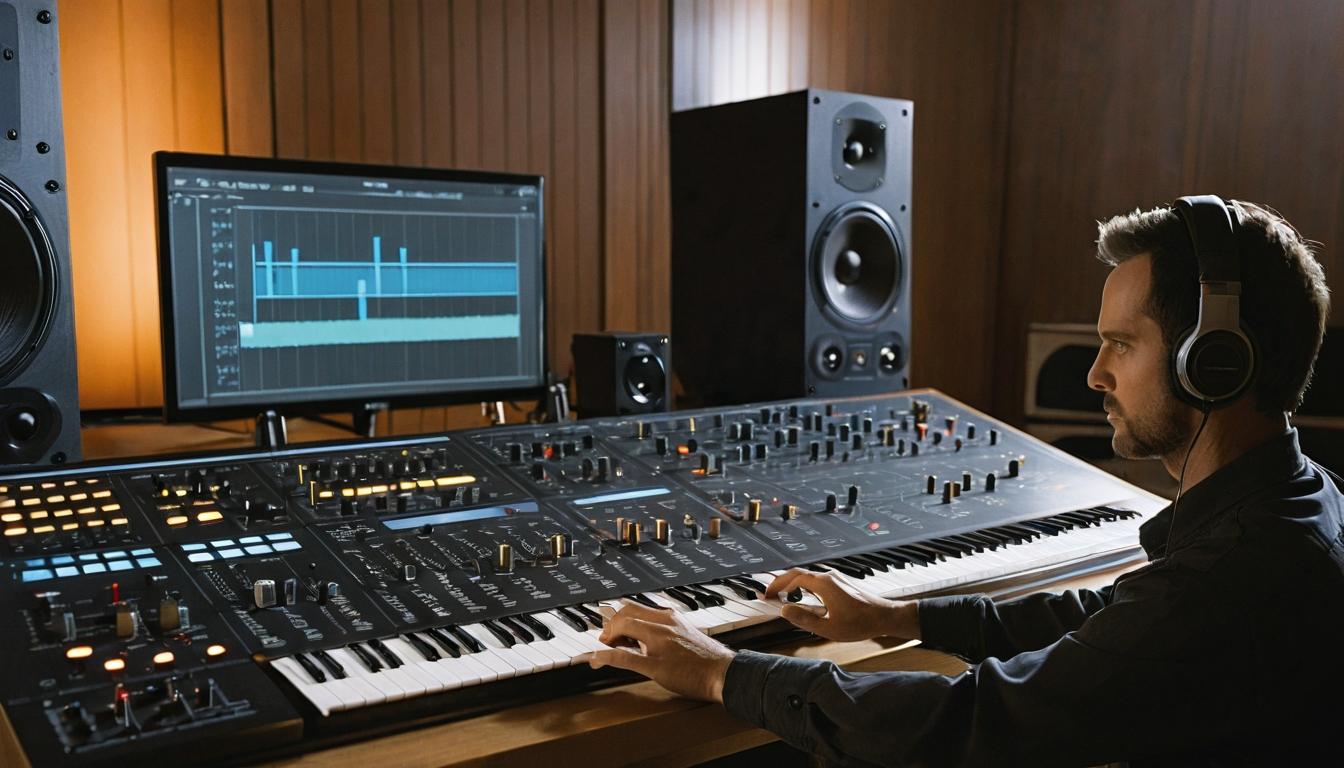In the dimly lit studios where magic is forged, a quiet revolution is taking place. While audiences marvel at stunning visual effects and powerhouse performances, there's an army of musical architects working in the shadows, reshaping the very emotional landscape of modern cinema. These composers aren't just writing background music—they're crafting sonic identities that linger in our minds long after the credits roll.
The traditional orchestral score, once the undisputed king of film music, now shares the stage with electronic experimentation, world music influences, and minimalist approaches that would have been unthinkable a generation ago. Composers like Hildur Guðnadóttir, whose cello-based score for 'Joker' redefined what a psychological thriller could sound like, are proving that sometimes the most powerful statements come from the most unexpected places.
What's driving this seismic shift? Technology plays a crucial role. Digital audio workstations and sample libraries have democratized the composing process, allowing emerging talents to create professional-quality scores without the budget for a full orchestra. But it's not just about accessibility—it's about imagination. The tools available today enable composers to blend organic and synthetic elements in ways that create entirely new sonic palettes.
The relationship between director and composer has evolved into something far more collaborative than the old studio system allowed. Where once composers might receive a finished cut and be told to 'add music,' today's filmmakers often involve their musical partners from the earliest stages of development. This integration allows the score to become an organic part of the storytelling DNA rather than merely decoration applied after the fact.
Genre boundaries have become increasingly fluid. The notion that science fiction requires sweeping electronic scores or that period pieces demand traditional orchestration has been thoroughly dismantled. Take Nicholas Britell's work on 'Succession'—a television score that blends classical influences with hip-hop rhythms to create something entirely unique that perfectly captures the show's themes of power and dysfunction.
The business side of film scoring has undergone its own transformation. Streaming platforms have created unprecedented demand for original content, meaning more opportunities for composers but also more pressure to work quickly and within tighter budgets. The traditional album release of a film's score has evolved into elaborate deluxe editions, vinyl releases, and even immersive audio experiences that cater to dedicated fans.
What does this mean for the future of film music? We're likely to see even more cross-pollination between genres and media. Video game composers are bringing interactive scoring techniques to linear media, while pop artists are applying songwriting sensibilities to cinematic narratives. The lines between what constitutes a 'film composer' and what makes a 'great score' are blurrier than ever—and that's exactly what makes this such an exciting time to be listening.
The next time you find yourself humming a theme days after seeing a movie, or feeling a particular emotion triggered by a specific musical moment, remember that you're experiencing the work of artists who are pushing the boundaries of what film music can be. They may work in the shadows, but their impact shines brightly on screens around the world.
The unsung heroes: how film composers are changing the sound of cinema

